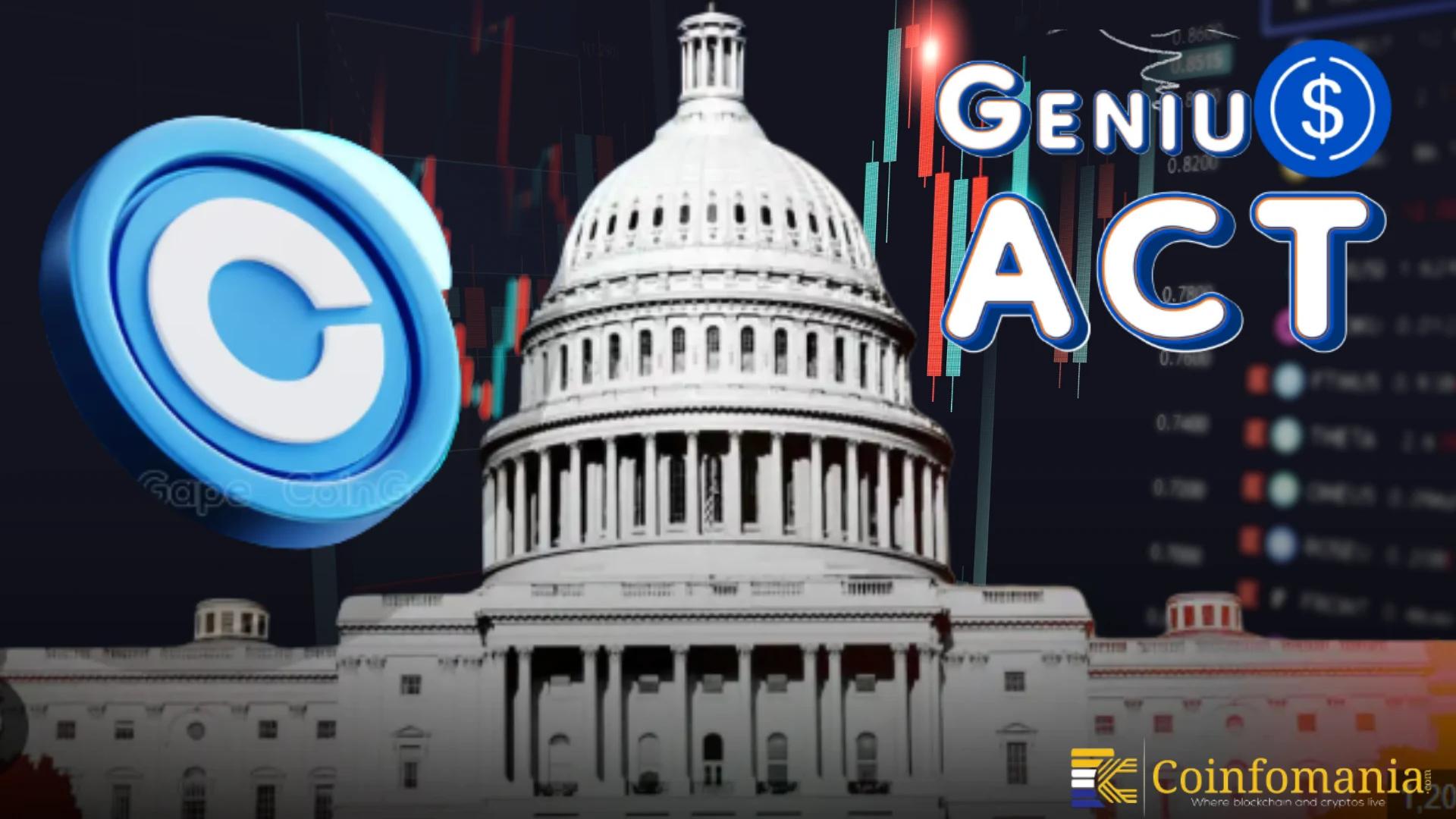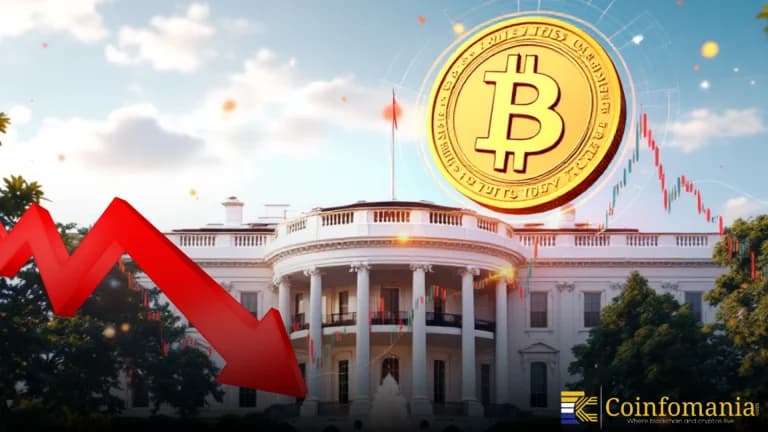Coinbase Urges U.S. Treasury to Exempt Blockchain Validators and Software Under GENIUS Act Rules
Coinbase pushes the U.S. Treasury to narrow GENIUS Act oversight, protecting blockchain validators and open-source developers.

Quick Take
Summary is AI generated, newsroom reviewed.
Coinbase submitted formal feedback to the U.S. Treasury on the GENIUS Act implementation.
It urged exemption for non-financial software, blockchain validators, and open-source protocols.
The firm sought clarity that “interest ban” applies only to stablecoin issuers.
The GENIUS Act marks the first U.S. federal framework for stablecoin regulation.
On November 6, 2025, Coinbase filed its response to the U.S. Treasury Department, asking it to follow the original intent of the implementing the Guiding and Establishing National Innovation for U.S. Stablecoins (GENIUS) Act. This call came after the increasing worry in the industry that generic definitions were likely to kill innovation in decentralized systems.
Clarification of Interests Bans only Stablecoin Issuers
Coinbase stressed that the provision of the GENIUS Act which does not allow paying interest on a stablecoin should be relevant not to intermediaries and exchanges but to those who issue the coins themselves. The filing by the firm claimed that these interpretations were crucial to retain consumer incentives and still keep the compliance.
Cash Equivalents Proposed to be Stablecoins
It claimed that these assets, in the form of full fiat-backed and redeemable 1:1 assets, operate much like bank deposits. Effective in June 2025, the GENIUS Act is the first federal regulation of stablecoin also in the United States. The legislation has tough requirements of reserve and disclosure on issuers that deal with the market of the stablecoin of 260 billion. After functioning through a bipartisan vote in Congress, President Donald Trump signed it. The implementation of the Act is under the jurisdiction of the U.S. Treasury that is still producing its final rulebook, and that industry can consult it until the end of 2025. Stablecoins (especially its collaboration with the USDC of Circle) are a significant source of revenue.
Global and Market Implications
The GENIUS Act places the U.S. in line with the MiCA framework of the EU and the stablecoin regime of Hong Kong, a pointer that the digital asset policy has global agreement. The positioning of Coinbase can have an impact on other jurisdictions to implement more explicit divisions between software developers and financial middlemen. According to analysts at Yahoo Finance, Coinbase shares surged by 16 percent after the passage of the Act, owing to optimism regarding the regulatory clarity and prospects of growth of stablecoins.
References
Follow us on Google News
Get the latest crypto insights and updates.


